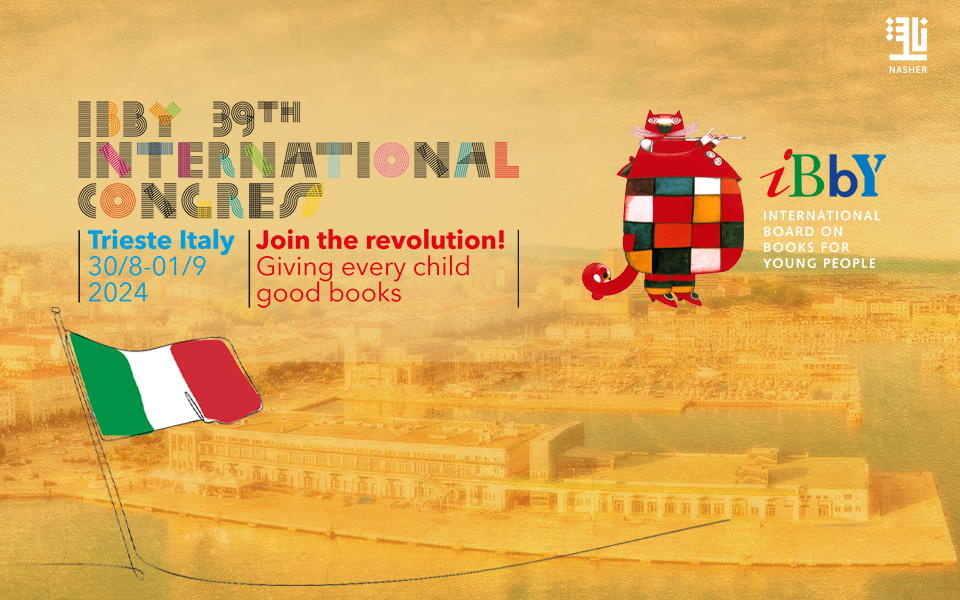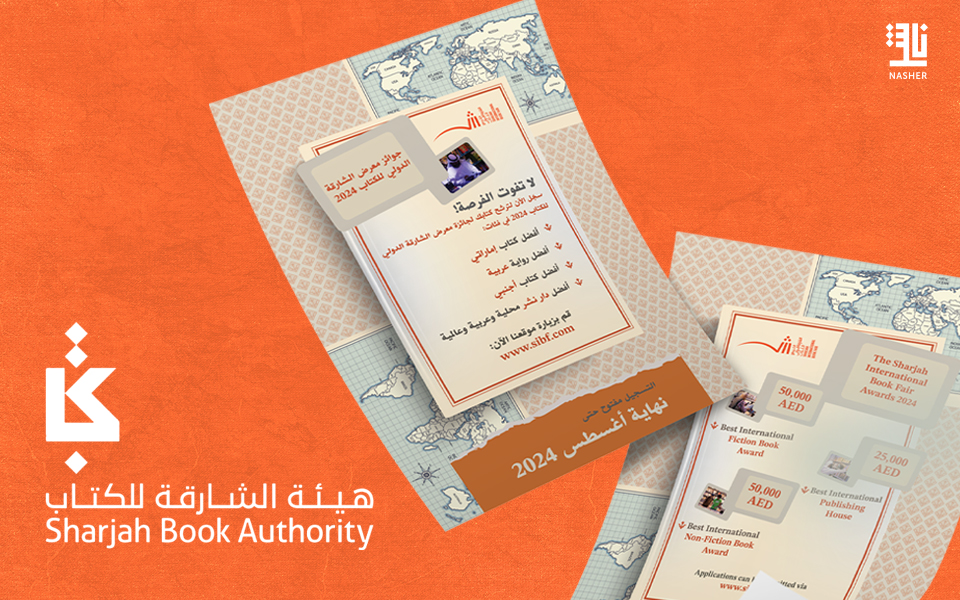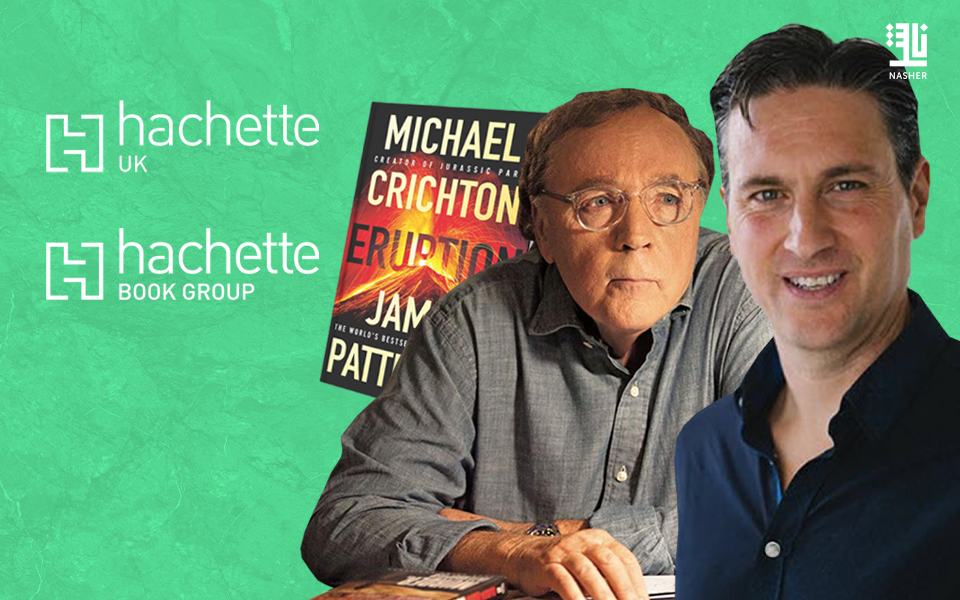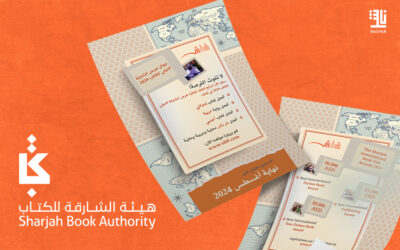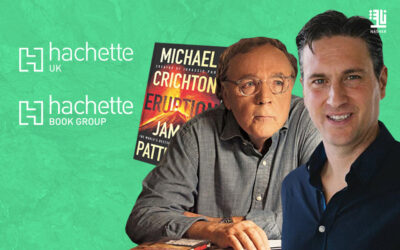Jafar Al Okaili,
Historical novels are drawing more interest from Arab publishers in response to an increase in demand, especially after being shortlisted for prestigious literary awards.
There are still problems in terms of genre, for instance the relationship between the artistic and the realistic, fact and fiction, and allegiance to documented records or imagination. Some critics consider historical novels as documentaries, and if they feature events that have not been independently verified, they can be classified as ‘dishonest’.
Among the renowned authors who have penned historical Arabic novels is the late Egyptian writer Radwa Ashour, whose ‘Granada’ trilogy won the Cairo International Book Fair 1994 Book of the Year Award, and top prize in the First Arab Woman Book Fair in 1995. In an interview I once conducted with the author, she said she prefers not to use the term ‘historical novel’ because it can have negative connotations, and because of her firm belief that any novel is historical in one way or the other. Instead, she preferred to use the term ‘the novel whose events take place in the past’.
Ashour believed that in order for a truly historical novel to be achieved, the author must gain insights into the past they are addressing and learn its cultural themes and day-to-day elements. This step is taken in the preparatory phase and the novelist does not bridge the gaps with documentation because they are not conducting academic research.
Ashour clarified that realistic novels require the author to acquire knowledge through extensive reading, without it being directly incorporated into the text, because imagination will take its own path. In other words, she said: “You are not adorning your text or supporting it with historical documents, but your accumulated knowledge (what you already have and what you sought for this specific text) becomes one of tributaries that pours into it and contributes to forming its structure, fabric and rhythms.”
Following her creative writing experience, Ashour believed that the structure of novels can “bring down the frontiers between what is inside the text and what is beyond it, allowing readers to relocate between the two spheres in a strangely spontaneous way, and as they flip over the pages, they are no longer sure they are in which sphere”. This feature turns the art of writing novels into a ‘democratic form’ that challenges the authority of the novelist with its multiple narratives. This is not restricted to the Bakhtinian sense of the word, but also includes the intersection between the text and history, fiction and reality. It “diminishes the boundaries that separate a world created by an author who thinks he can control its borders, and broader and more complex historical time that the author can never control.”
This is why Ashour admitted that the frontiers between history and novel – and also between documentation and history – are “weak and can be redrawn and torn down, allowing readers to move between them seamlessly.”
For her part, Jordanian author Samiha Khrais says history is so seductive that novelists are tempted by the escalation, tragedy and mystery of events that flouts all imagination. She stressed that she does not write this genre because she wants to relapse into the past, or run away from the present, fearing to address the reality that surrounds us; she explains that it becomes part of the “seduction of the historical event” with its new text, and it carries this event to a “different realm” presenting altered reading. It does not replicate the past, neither does it restore the details of historians’ books and testimonies of those who have passed away. It tries to explore the past from new angles, with the hope of understanding the present and the circumstances that bring us to where we are today.
Khrais, author of ‘John’, ‘Book of the Deluge’ and ‘Babnos’, says that she seeks to foresee the future through exploring the past, and tries to form precise memories that will never be forgotten, given that human beings tend to forget, repeat the same mistakes and fall for the same trap over and over again.
She believes novelists’ reading is different and stands by the oppressed and the marginalised, which is why sometimes they “forge” some facts, distorting one thing and adoring the other. “Novelists feel free to do whatever they want as they create a story. They live in a moment of arrogance, thinking that only they can access the absolute truth, and all that has been written about the same event is a forgery,” she says.
Novelists weave the world as they wish and dream, promoting their novels as the only real versions of the truth, and to do that, they circumvent the text to make it look more realistic, through addressing the lives of real people along with fictional characters. The result becomes confused and the novel ultimately ends up as “a witness of a bygone age with eyes that see new things and ambitions that would demolish the world and rebuild it anew,” Khrais argues.
According to Jordanian novelist Ahmad Al Tarawneh, whose historical novel ‘The Willow Valley’ won the ‘State Incentive Award’ and was adapted into a play, invoking history allows novelists to enrich their narratives, and stimulates them to experiment and develop their artistic methods as well as perpetuate awareness on the book’s idea.
He emphasises that history has always been present in Arabic novels and addresses important questions, such as to what extent can history draw upon creative writing to present itself and to what extent are creative writers allowed to borrow from the key events to create their different stories?
Al Tarawneh argues that the relationship between history as a rigid and static element and the art of the novel is still a ‘dialectical relationship’ that is governed by the writer’s capabilities to subjugate the historical story and form it in a way which harms neither party.
He finds that exemplifying the historical document through restoring life to its characters using imagination, thereby creating the event with extreme awareness about its time and place, is a crucial requirement for creativity. Otherwise, we will fall into the trap of documentation, and this is why it is important to differentiate between a successful artistic creative title – despite that fact that it is historical – and a documenting title that does not have any creative artistic value.
Al Tarawneh discusses his novel ‘The Willow Valley’ that addresses the ‘Al Karak Revolution’, (South of Jordan) against the Turks during the Ottoman empire; he explains that the character ‘Hassan’ exemplifies the collective conscience of hundreds of people who died without having their voices heard in this ‘polyphonic’ novel. This indicates that a great deal of space is available for the novelist to handle the event within the scope of history, on condition of preserving multi-perceptive quality in narratives in line with the main story, as well as avoiding offence to the objectives of the story and trends of conflicts that take place within it.
“The objective of historical novels is to renovate what has been ignored and shuttered on the edge of time, and form a consistent and complete landscape once more,” Al Tarawneh says. All history books that documented the events of ‘Al Karak Revolution’ were unable to depict the interior monologue of someone who stood on top of the historical castle, waiting to be thrown to his death, having being tied by Turks to a rock that outweighs him.



